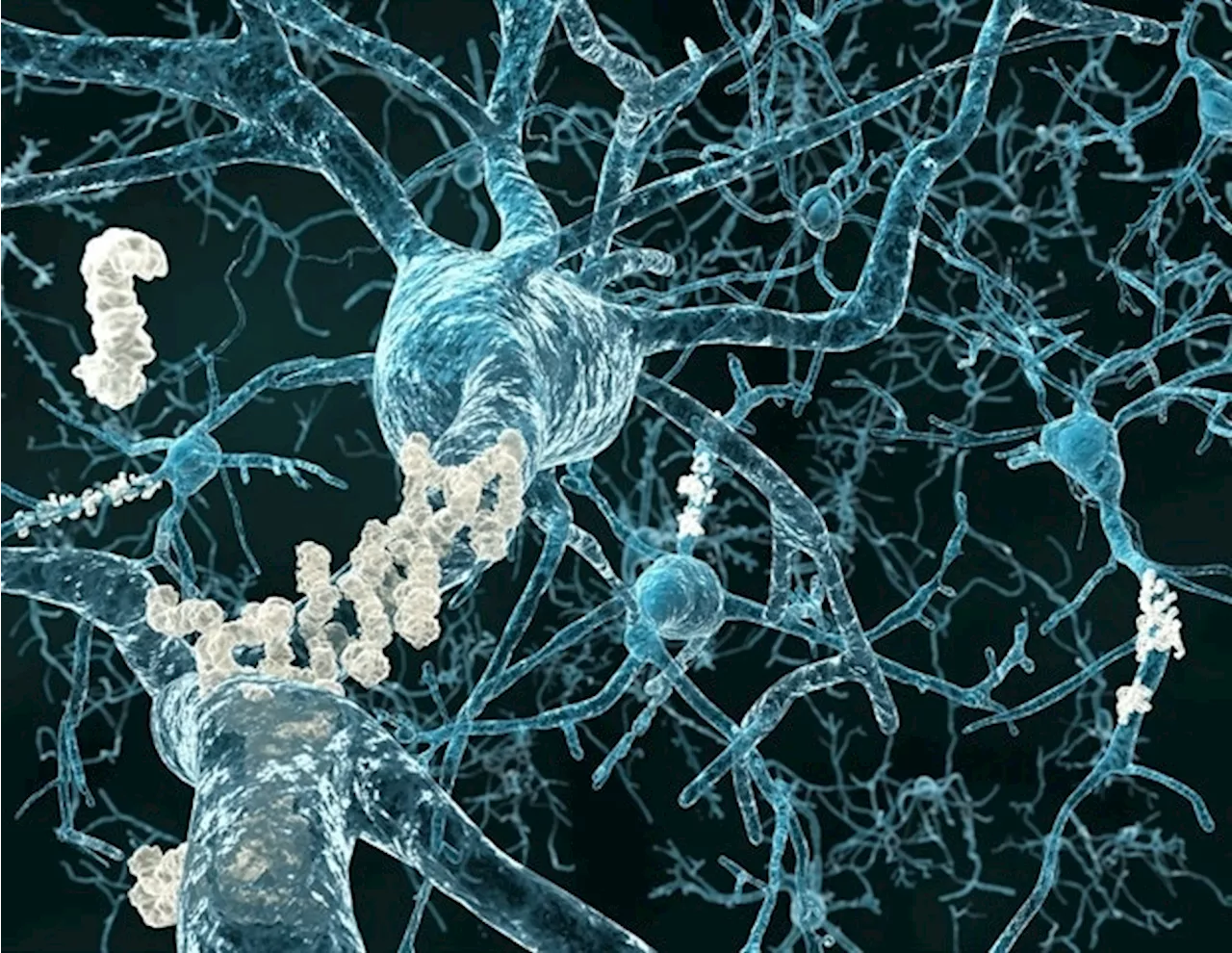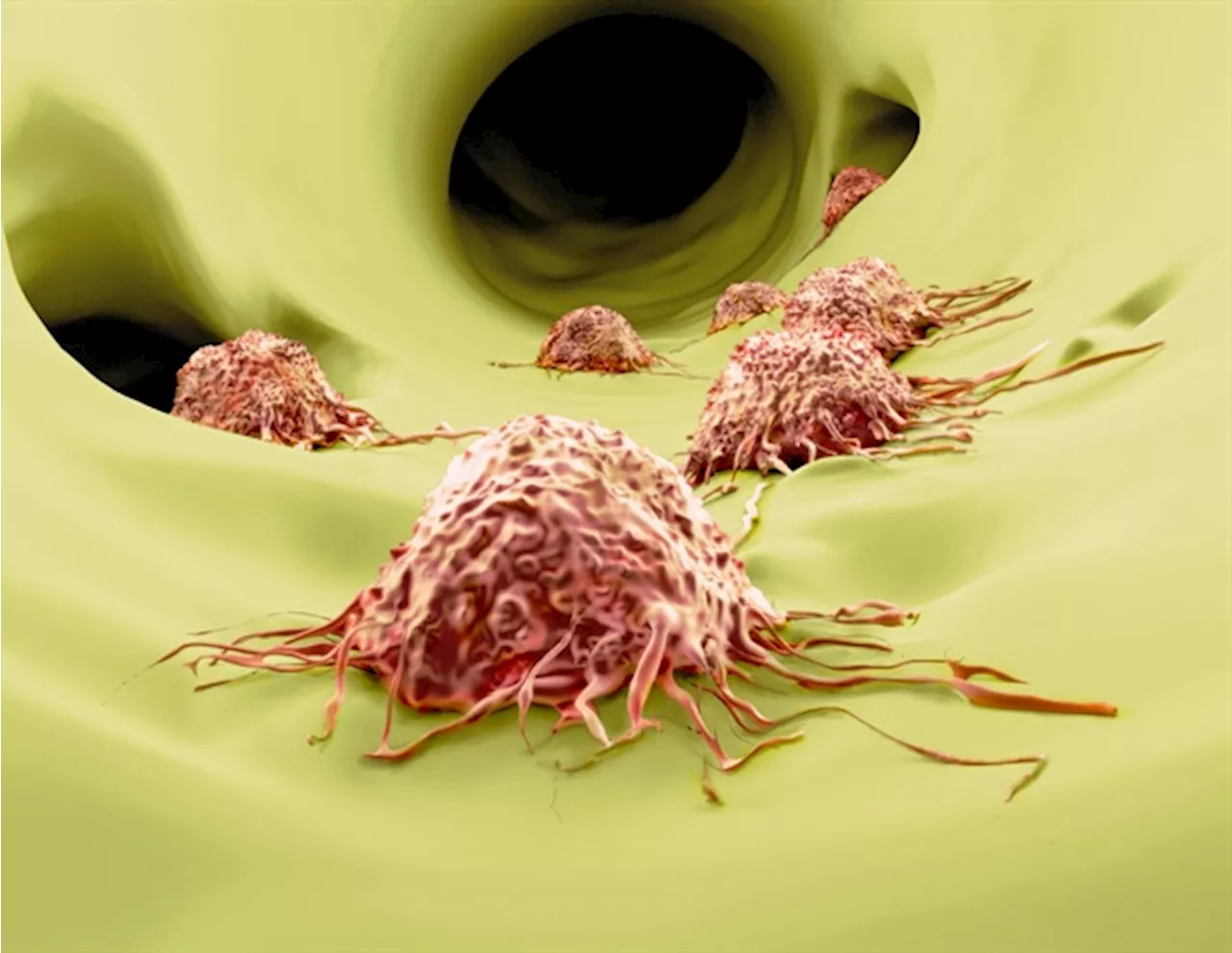Researchers from the lab of Prof. Sarah-Maria Fendt (VIB-KU Leuven) and colleagues have uncovered that the availability of the amino acid aspartate is one reason why the lung is a frequent organ of metastasis.
Vlaams Instituut voor BiotechnologieJan 1 2025 Research ers from the lab of Prof. Sarah-Maria Fendt and colleagues have uncovered that the availability of the amino acid aspartate is one reason why the lung is a frequent organ of metastasis. Their work appears in Nature and improves our understanding of cancer biology while providing the foundation for new therapeutic interventions in metastatic diseases.
To find out, the team of Prof. Sarah-Maria Fendt and colleagues investigated the gene expression in cells from aggressive lung metastases. They found evidence for an alternative 'translation program.' What does this mean? Translation is the process that uses our genetic code as a blueprint to make proteins in cells. A change in the translational program results in a set of different proteins that allow cancer cells to grow easier in the lung environment.
Starting the translational program Many proteins in our bodies can affect the translation process, among them the so-called initiation factors. One such initiation factor is eIF5A, which kickstarts translation. In the cells of cancer cells within lung metastases, the researchers found an activating modification to eIF5A called 'hypusination', which was associated with higher cancer aggressiveness of lung metastases.
Metastasis Amino Acid Breast Cancer Gene Gene Expression Lungs Protein Receptor Research Translation
United Kingdom Latest News, United Kingdom Headlines
Similar News:You can also read news stories similar to this one that we have collected from other news sources.
 NIH Grants $7.5 Million to WashU Researchers to Study Dementia Caused by Cerebral Small Vessel DiseaseResearchers at Washington University School of Medicine in St. Louis are receiving $7.5 million from the National Institutes of Health to investigate a form of dementia caused by cerebral small vessel disease. The team will use cutting-edge technologies to analyze brain tissues and identify potential drug targets to mitigate the damage caused by this disease.
NIH Grants $7.5 Million to WashU Researchers to Study Dementia Caused by Cerebral Small Vessel DiseaseResearchers at Washington University School of Medicine in St. Louis are receiving $7.5 million from the National Institutes of Health to investigate a form of dementia caused by cerebral small vessel disease. The team will use cutting-edge technologies to analyze brain tissues and identify potential drug targets to mitigate the damage caused by this disease.
Read more »
 Star Wars woodland studied in filming-impact researchResearchers study the environmental impact of Star Wars shooting in a Gloucestershire woodland.
Star Wars woodland studied in filming-impact researchResearchers study the environmental impact of Star Wars shooting in a Gloucestershire woodland.
Read more »
 Researchers aim to uncover causes of acquired hearing loss and find potential therapiesWith a new five-year, $3.2 million grant from the National Institute on Deafness and Other Communications Disorders, researchers at Case Western Reserve University and Mass Eye and Ear will study what causes acquired hearing loss (AHL) and seek new ways to protect against it.
Researchers aim to uncover causes of acquired hearing loss and find potential therapiesWith a new five-year, $3.2 million grant from the National Institute on Deafness and Other Communications Disorders, researchers at Case Western Reserve University and Mass Eye and Ear will study what causes acquired hearing loss (AHL) and seek new ways to protect against it.
Read more »
 Researchers discover new cause of cytokine storm in COVID-19As part of the COVID-19 International Research Team, researchers at the Johns Hopkins Kimmel Cancer Center, Children's Hospital of Philadelphia, the University of Pittsburgh and Weill Cornell Medicine discovered a novel cause of cytokine storm -; the extreme inflammatory response associated with increased risk of death in COVID-19 infection.
Researchers discover new cause of cytokine storm in COVID-19As part of the COVID-19 International Research Team, researchers at the Johns Hopkins Kimmel Cancer Center, Children's Hospital of Philadelphia, the University of Pittsburgh and Weill Cornell Medicine discovered a novel cause of cytokine storm -; the extreme inflammatory response associated with increased risk of death in COVID-19 infection.
Read more »
 Shifting corporate priorities, Superalignment, and safeguarding humanity: Why OpenAI's safety researchers keep leavingJess has been writing about games for over ten years, spending the last seven working on print publications PLAY and Official PlayStation Magazine. When she’s not writing about all things hardware here, she’s getting cosy with a horror classic, ranting about a cult hit to a captive audience, or tinkering with some tabletop nonsense.
Shifting corporate priorities, Superalignment, and safeguarding humanity: Why OpenAI's safety researchers keep leavingJess has been writing about games for over ten years, spending the last seven working on print publications PLAY and Official PlayStation Magazine. When she’s not writing about all things hardware here, she’s getting cosy with a horror classic, ranting about a cult hit to a captive audience, or tinkering with some tabletop nonsense.
Read more »
 Researchers develop diabetes prediction system using clinical and genetic dataA research team led by professor Nan-Hee Kim from Korea University's College of Medicine (Nan-Hee Kim and So-Young Park of Department of Endocrinology and Metabolism; Min-Hee Kim and Jae-Young Kim of Health Science Research Center) recently developed a diabetes prediction system using clinical and genetic data.
Researchers develop diabetes prediction system using clinical and genetic dataA research team led by professor Nan-Hee Kim from Korea University's College of Medicine (Nan-Hee Kim and So-Young Park of Department of Endocrinology and Metabolism; Min-Hee Kim and Jae-Young Kim of Health Science Research Center) recently developed a diabetes prediction system using clinical and genetic data.
Read more »
